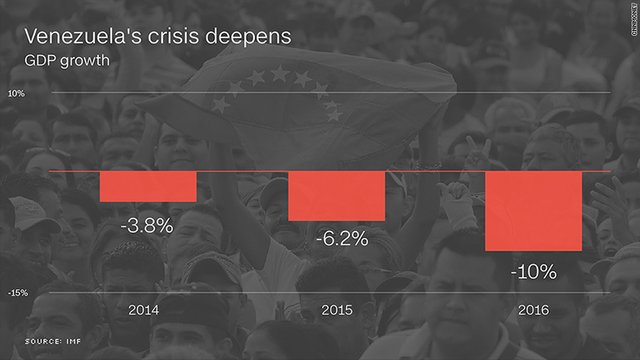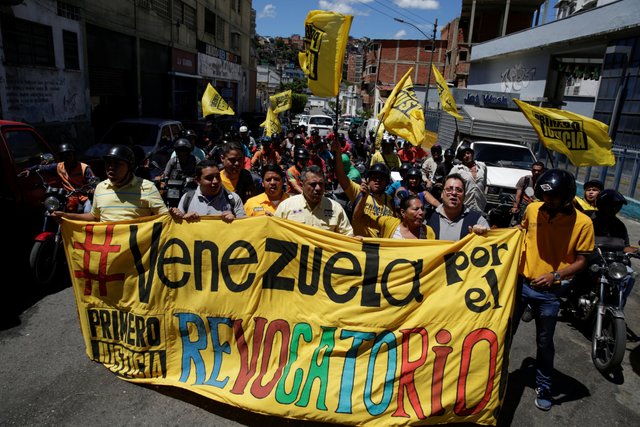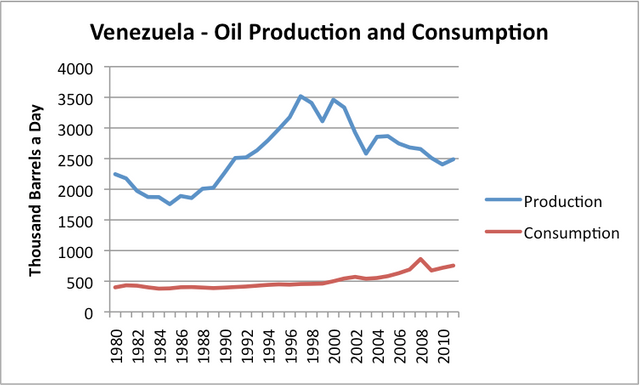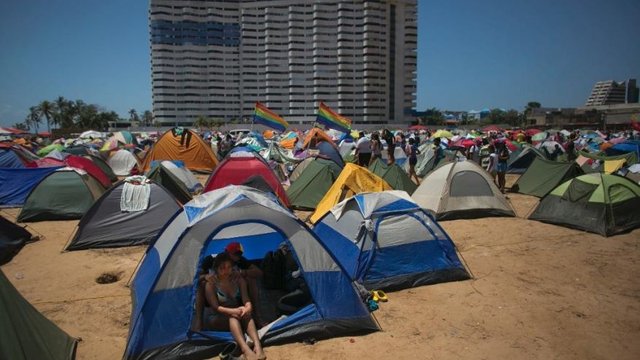Venezuela: The world’s largest oil reserve country in a deep economic crisis.
Venezuela is home to the largest oil reserve in the world even more than Saudi Arabia but still faces the largest social and political crisis in the world today

Let us understand why?
Around the 10th century in ancient Venezuela indigenous tribes discovered oil seeping through the land. The thick black fluid was used as medicine and to light lamps. Actual extraction however began much later. In 1922, a huge oil well is discovered. When they drilled inside, oil came gushing out in a jet rising more than 40 meters high and it took them more than nine days to contain it

Foreign oil companies rushed to the country to be a part of all the action. The oil industry developed massively since then and soon began to overshadow the other sectors in the country. By 1928, when Venezuela became the largest oil exporter in the world. The value of the Venezuelan currency increased rapidly, riding on the back of single product oil. But what about the other industries like agriculture, their exports suffer tremendously as countries now found it very expensive to import from Venezuela.

Global demand for oil kept on increasing and during the Second World War when Venezuela was producing close to 1 million barrels per day. By 1950, The Middle East began exporting large amount of oil as well. Soon supply over short demand and oil prices began to fall. In response the oil producing nations. Venezuela, Iran, Saudi Arabia, Iraq and Kuwait meet to decide on a future strategy and they formed OPEC in 1960 whose main aim was to bring oil prices back up to reasonable levels by regulating the supply. Export quotas were placed on member nations to keep a check on overproduction. Oil prices continued to fall and in 1970 had reached a price of 3.40 USD per barrel
The international turmoil the following decade changed this. The 1973 arab-israeli war led to the Arab OPEC countries stopping trade with the United States and other nations in response to their support for Israel.

Global oil prices shot up to 37 USD per barrel by 1980 and the Venezuelans quadrupled their revenue. The oil industry was nationalized and people rejoiced but sadly not for long the OPEC members began breaking the production quota promises and produce more oil to take advantage of the high prices. But demand was decreasing as the world economy was slowing down. This led to an immense oversupply or an oil glut and prices crashed yet again. By 1986 oil prices had reached a low of 14 USD per barrel and didn’t see any significant recovery until 1999. Hugo Chavez came to power and luck was on his side. Huge demand from developing nations such as India and China boosted global oil prices and gave him the funds needed to purse his economic strategies.

However these strategies proved to be very unproductive in the long run. He began funding social programs with oil money which led to huge overspending when he fell short he borrowed heavily. His successor Nicokas maduro followed in his footsteps. Government regulations, takeover, corruption and restriction on imports let to hostile business environment and the death of private companies here. Oil prices have been falling since 2014 and Venezuela is facing one of the largest social crisis in the world today. The inflation rate here is the highest in the world and the country is heavily debt ridden. People have money but stores remain empty. There is huge shortage of food, medicine; another daily supply is making money resort to looting. Crimes rate have gone up and the country is notorious for its homicide.
The boom of the 20s has turned into a bane today. In the face of fluctuating oil price should the country shift its focus to other industries expands.
If you liked this article please Upvote, Resteem and Follow me @ankitchoudhary for many more funny articles